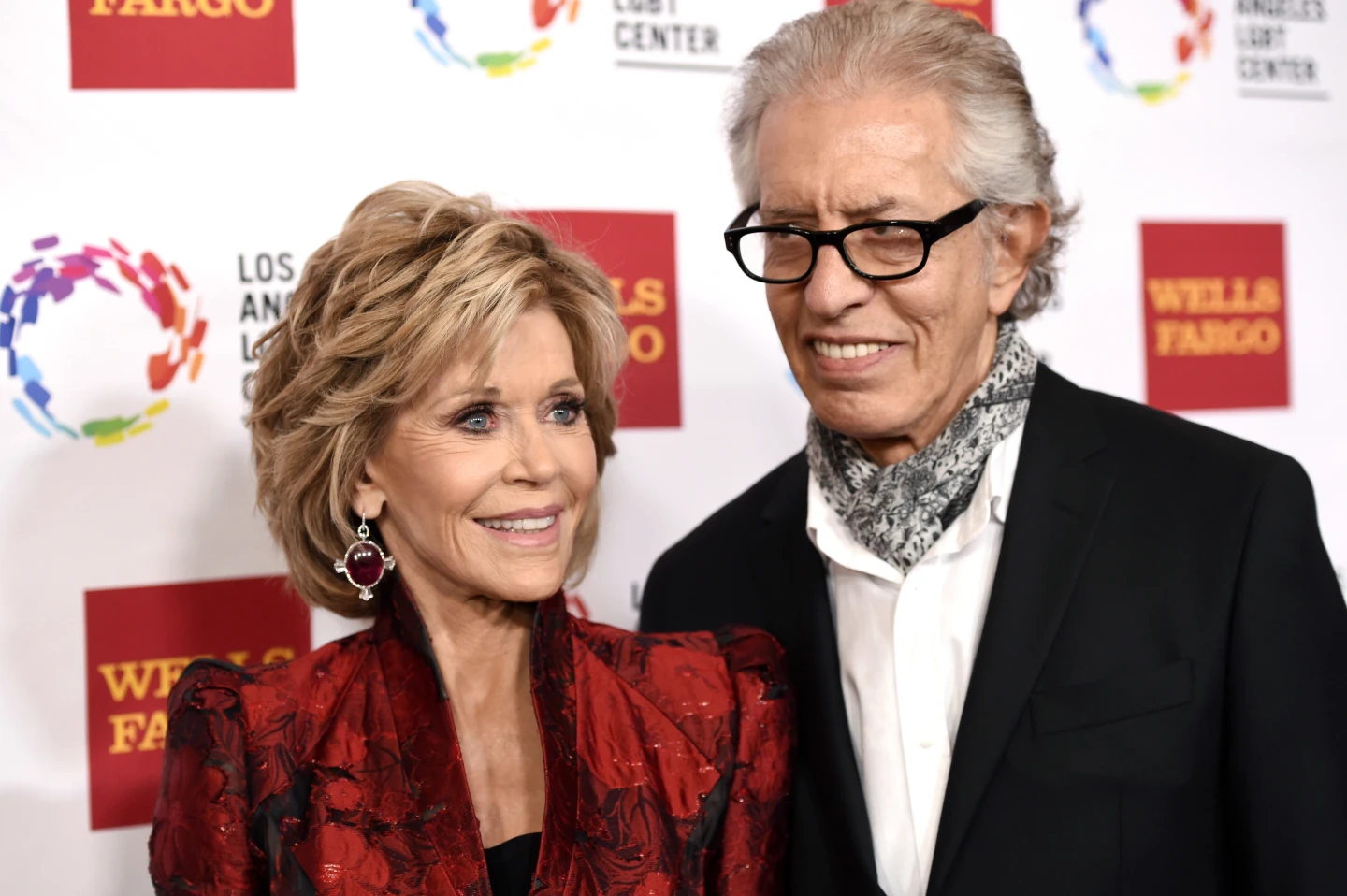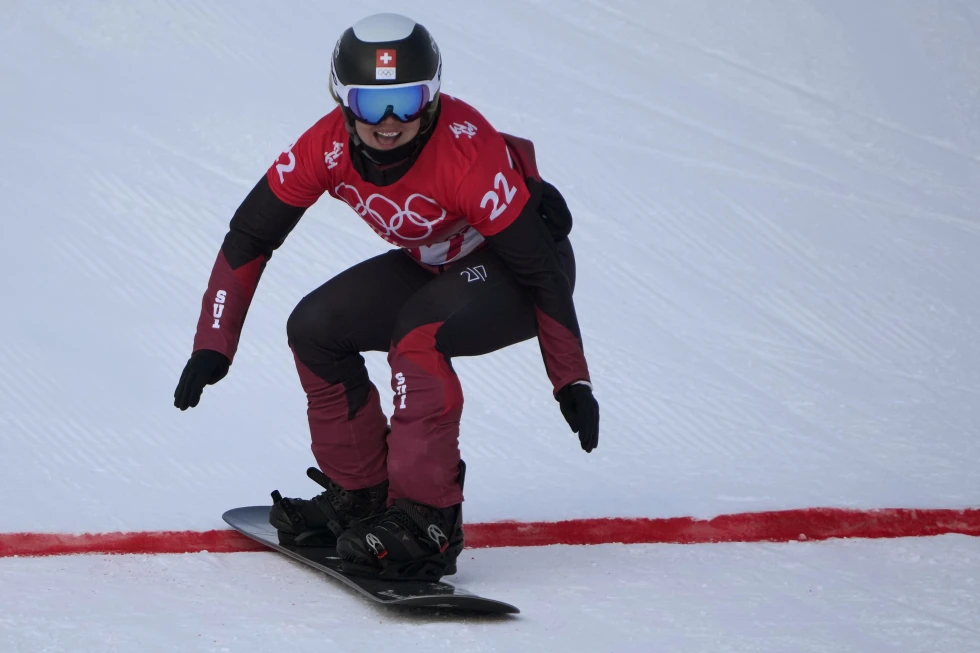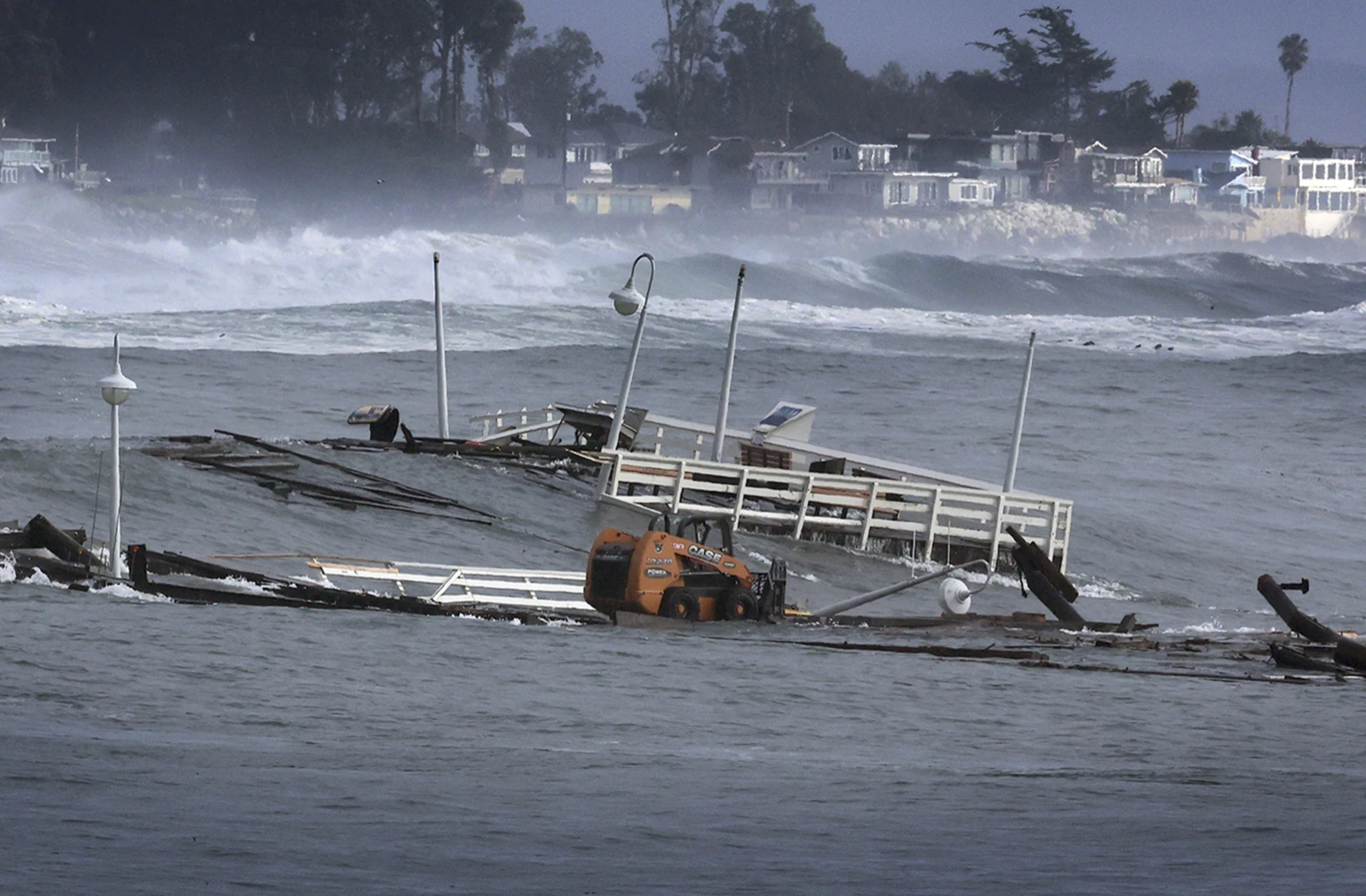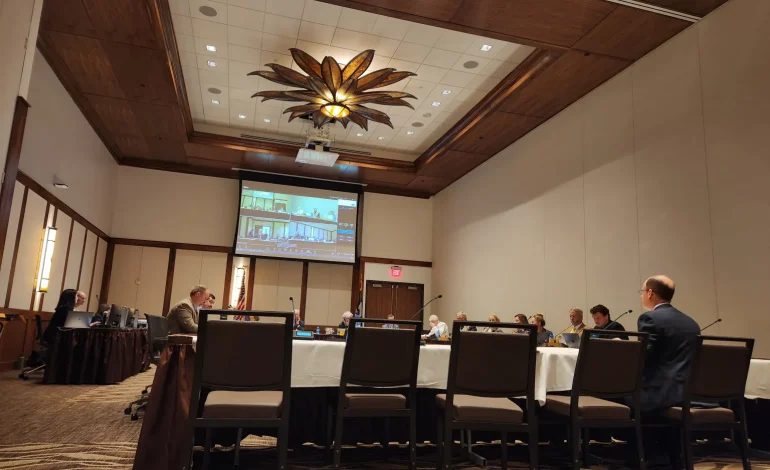The University of Wyoming (UW) is considering changes to its gun policy, sparking a heated debate within the community over safety, suicide prevention, and individual rights, Wyo File reports.
At a public hearing on Thursday, students, faculty, veterans, and residents voiced their opinions on whether to allow concealed carry of firearms on the state’s only four-year public university campus.
Currently, UW prohibits dangerous weapons on its premises, with exceptions for law enforcement and those with explicit permissions. This policy review follows Wyoming Governor Mark Gordon’s veto of legislation that would have eliminated most gun-free zones in the state. The governor encouraged institutions like UW to reassess their gun policies and consider allowing concealed carry for safety.
A recent survey conducted by UW showed that 64.4% of respondents favored keeping the university’s no-guns policy intact, with support particularly high among faculty (87.5%) and students (55.3%). Community members who spoke at the hearing largely expressed concerns about safety and mental health, with many fearing that an increase in firearms could lead to higher suicide rates.
Elementary education major Liz Pierson shared a personal story about a friend who died by suicide in a UW dorm, raising concerns about the lethality of firearms in such situations.
“Wyoming already has one of the highest suicide rates in the country, and access to guns would only increase that risk,” she said.
Social worker and Laramie resident Sara Bursac echoed these concerns, citing research indicating higher rates of firearm-related suicides on campuses that allow concealed carry.
Others, including veterans and law students, argued in favor of concealed carry as a means of self-defense. Brandon Calloway, a veteran and UW law student, emphasized the importance of preparedness in the face of unpredictable threats.
“This is not just about rights, it’s about safety and survival,” Calloway stated.
He advocated for permitless concealed carry on campus.
Fellow student veteran Kurtis Silvernale noted that the size of the campus and its buildings could delay law enforcement responses, making it important for individuals to be able to defend themselves in emergencies.
While some speakers called for unlimited concealed carry, others suggested implementing restrictions. Noah Raish, a graduate student in the mental health counseling program, supported concealed carry but proposed specific requirements for those carrying firearms, such as training and responsible use.
Several faculty members and students expressed concerns that allowing guns on campus could negatively impact the learning environment and complicate law enforcement responses in active shooter situations. Molly McCully Brown, a UW professor and community member, worried that the presence of firearms would heighten tensions in a space where challenging discussions are common.
Vietnam veteran and graduate student Michael Besinger also argued that concealed carry could hinder an effective law enforcement response, potentially leading to confusion in the event of an emergency.
The University of Wyoming Board of Trustees is expected to take action on the firearms policy during its next meeting on October 16.









